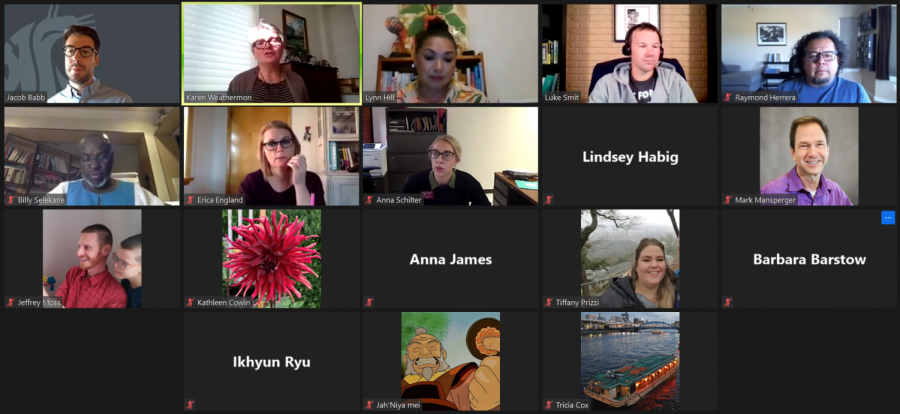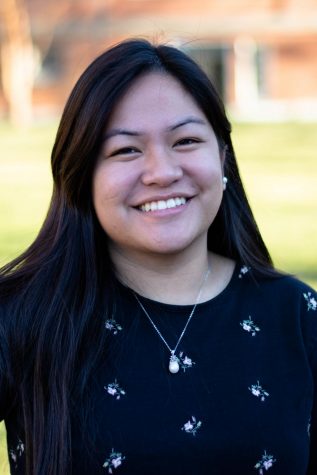Panelists analyze memoir about life during apartheid
Trevor Noah was ‘born a crime’ as a mixed-race child in South Africa
Apartheid intensified racial divides in South Africa. One law banned interracial marriages and sexual relations between Black and white South Africans.
September 24, 2020
Three individuals discussed their thoughts on Trevor Noah’s “Born a Crime” on Thursday at a virtual panel hosted by WSU’s Global Learning Program. They also shared their experiences growing up during apartheid in South Africa.
Apartheid started in 1948, which heightened racial divides in South Africa. One of the laws enforced included the banning of interracial marriages and sexual relations between Black and white South Africans. Apartheid lasted for 50 years.
Noah, who has a white father and a Black mother, wrote a memoir chronicling his experiences as a mixed child in South Africa. He was conceived around the time apartheid was enforced, hence the title of his memoir.
Lynn Hill, globally-recognized international speaker and poet, said balancing humor with tragedy is what stuck out to her from the book. Noah’s voice is showcased in an authentic way that makes readers know his true self.
Hill said another thing that stood out to her from the book was when Noah brought up the public outcry after an incident involving a Black security guard and a black cat occurred at a soccer game.
The cat interfered in the middle of an Orlando Pirates soccer match, according to the book. A security guard at the game caught the cat and beat it to death, which made national news. The guard was arrested and found guilty of animal abuse. He also had to pay a fine to avoid extensive jail time.
“What was ironic to me was that white people had spent years seeing video of Black people being beaten to death by other white people, but this one video of a Black man kicking a cat, that’s what sent them over the edge,” Noah wrote in his book.
Noah wrote that he has yet to find a place where Black people like cats because in South Africa, “only witches have cats, and all cats are witches.”
Hill said the security guard did what he did because people were superstitious of black cats.
“That got me to ask the question, ‘What was the difference between an anti-animal cruelty stance and a human stance?’” she said.
Billy Selekane, bestselling author and internationally-acclaimed inspirational speaker, said those who preach “All Lives Matter” discount Black lives by choosing to take that stance.
“That lack of consciousness comes from this sense of white supremacy,” he said. “White supremacy is based on false notion of superior and inferior, which is based on false data. This false data has been spoken … it’s been now seen as the truth.”
Luke Smit, who also grew up in South Africa, said he had to learn about the atrocities and injustice that occurred in his country.
“My heart aches,” he said. “I’ve never experienced what Lynn had to go through, what Billy had to go through, what Trevor had to go through, yet I understand how bad it was.”
Smit said although he grew up around the same time Noah did, his experiences are entirely different than Noah’s experiences. Smit said he was able to move to different cities without difficulty.
“I would have preferred [my parents] to raise me as an anti-racist … let me understand what privilege my [lighter] skin color gives me based on what is going on in the world right now,” he said. “That’s what I’m trying to do with my kids.”
Hill said Noah’s mom was the instigator for his mental attitude and fortitude. Noah’s mom was a “social transformative tool,” and she taught him how to think for himself.
Selekane said Noah’s mom embodied all the strength and power a woman could possibly have. Noah’s mom wanted to defy the system and in doing so, she gave birth to a mixed-race child.
“The power of the woman is not geographic,” he said. “It’s multi-dimensional.”











